In 2014, Pulitzer Prize winner Michael Moss came out with Salt, Sugar, Fat, a #1 New York Times bestseller that forever changed the way I think about Cheetos and processed foods as a whole. In the book, he detailed cereals, chips, sodas, and explained how all of these foods were scientifically designed to have us coming back for more.
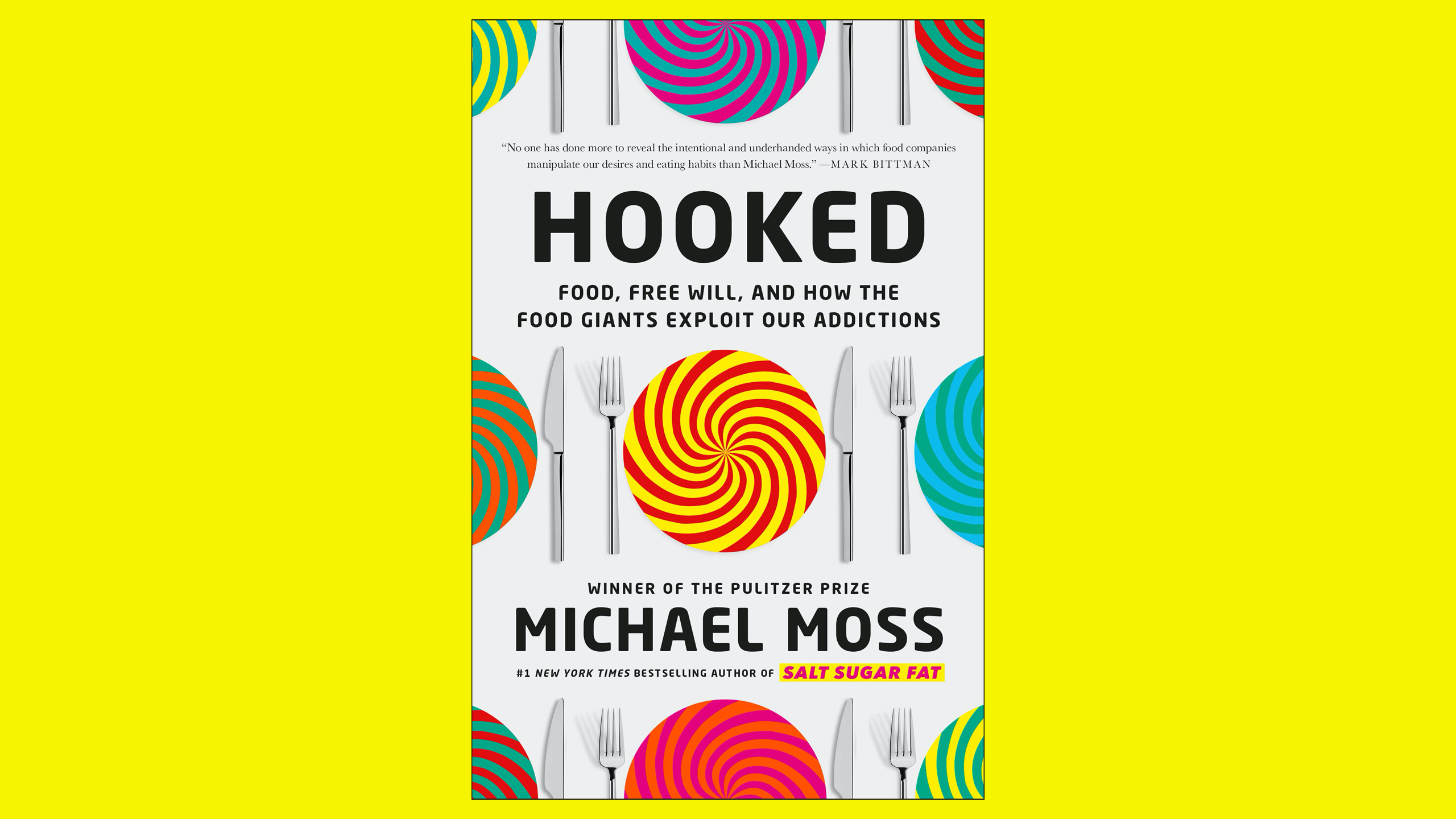
Moss is out with a new book, Hooked: Food, Free Will, and How the Food Giants Exploit Our Addictions, which is just as intriguing. The book asks the question: Are processed foods as addictive as drugs and alcohol? The answer is yes, perhaps even more so. Throughout, Moss uses research to explain how these corporations got us addicted, and how they continue to keep us at their will. He told me that “we are built to crave things loaded with calories as much as we are sugar,” and went on to recommend five books around “the evolution of addiction,” books that give us “an inward look at how evolution changed things like the naval cavity and that devious organ called body fat, in ways that now make us so vulnerable to losing control of our food and sundry other addictions.”
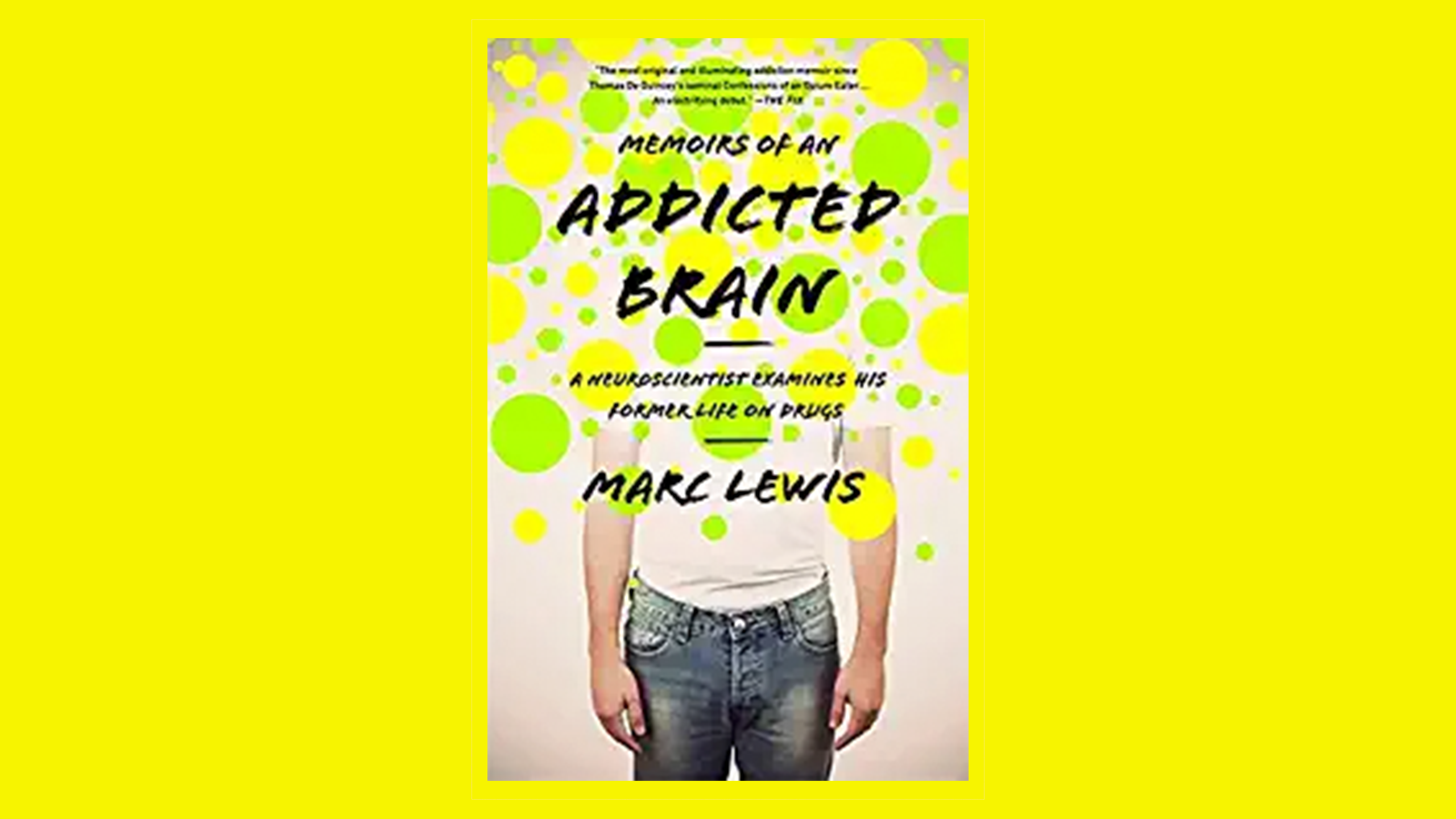
The first book Moss chose was Memoirs of an Addicted Brian. “Marc Lewis was a drug addict for 30 years,” Moss said, “But he cleaned up his act and started digging into why we are so vulnerable to addiction.” The book focuses on the brain, and what Lewis shows is that, “the brain is this chemistry lab of receptors almost competing in an evolutionary footrace to get us addicted.” Moss continued, “What is so interesting, is that when we trigger these receptors through drug use or junk food they become hyperactive—causing our brain to go into hyper-drive.” This means that “even though food (sometimes) doesn’t have the same chemical compounds as a drug, we still react to them in a similar way.”
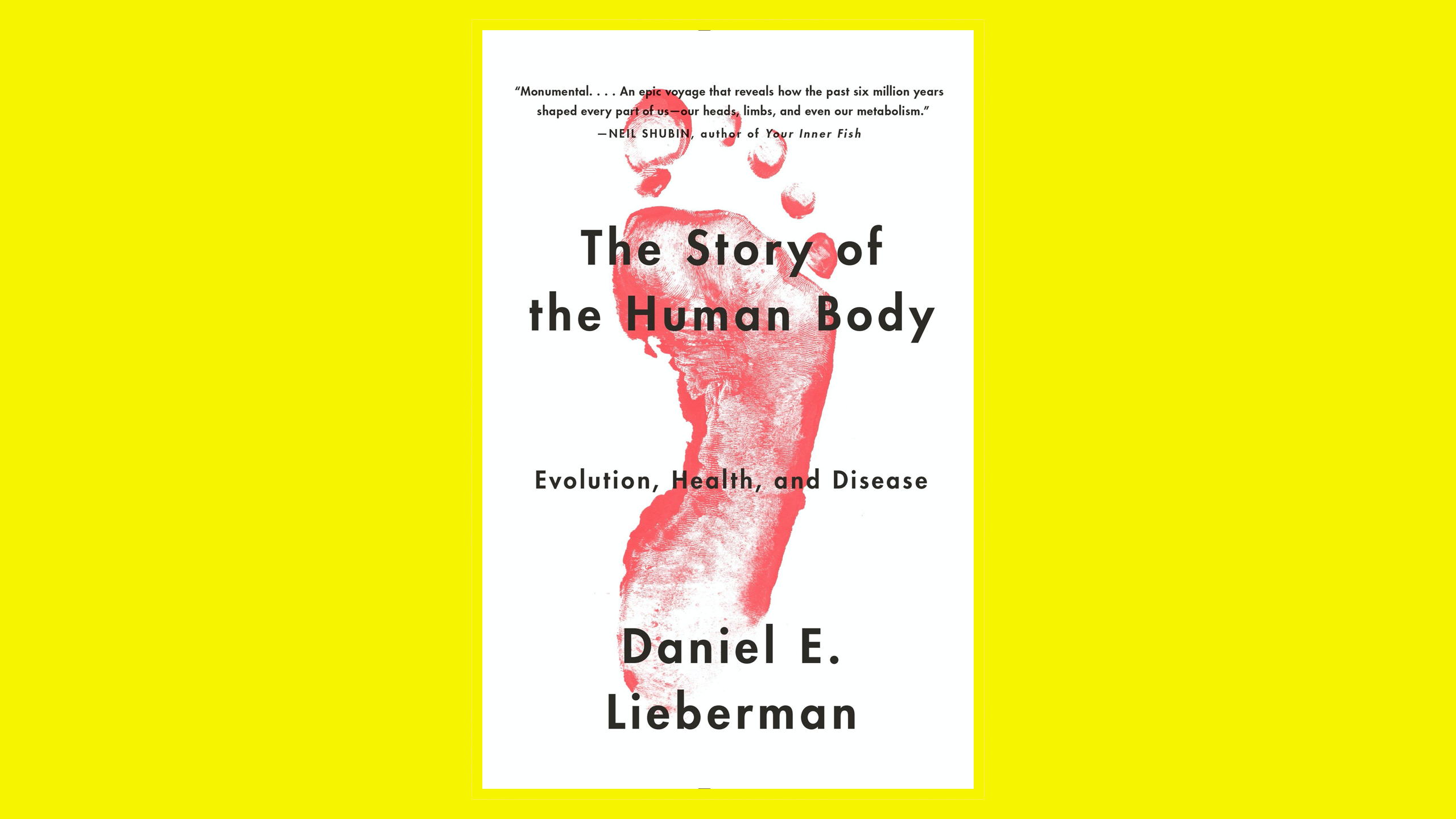
In The Story of the Human Body, Daniel Lieberman describes, you guessed it, the evolution of the human body over millions of years. Moss says, “Lieberman walks us through what happened to our bodies when we started walking upright.” This “changed our relationship to a lot of things, including food,” Moss said. “We changed in all of these ways that caused us to not just eat but to overeat.” He continued: “The hominids putting on lots of body fat – compared with, say, chimps – was an evolutionary advantage. It meant life and lots of procreation—which is the goal after all.”.
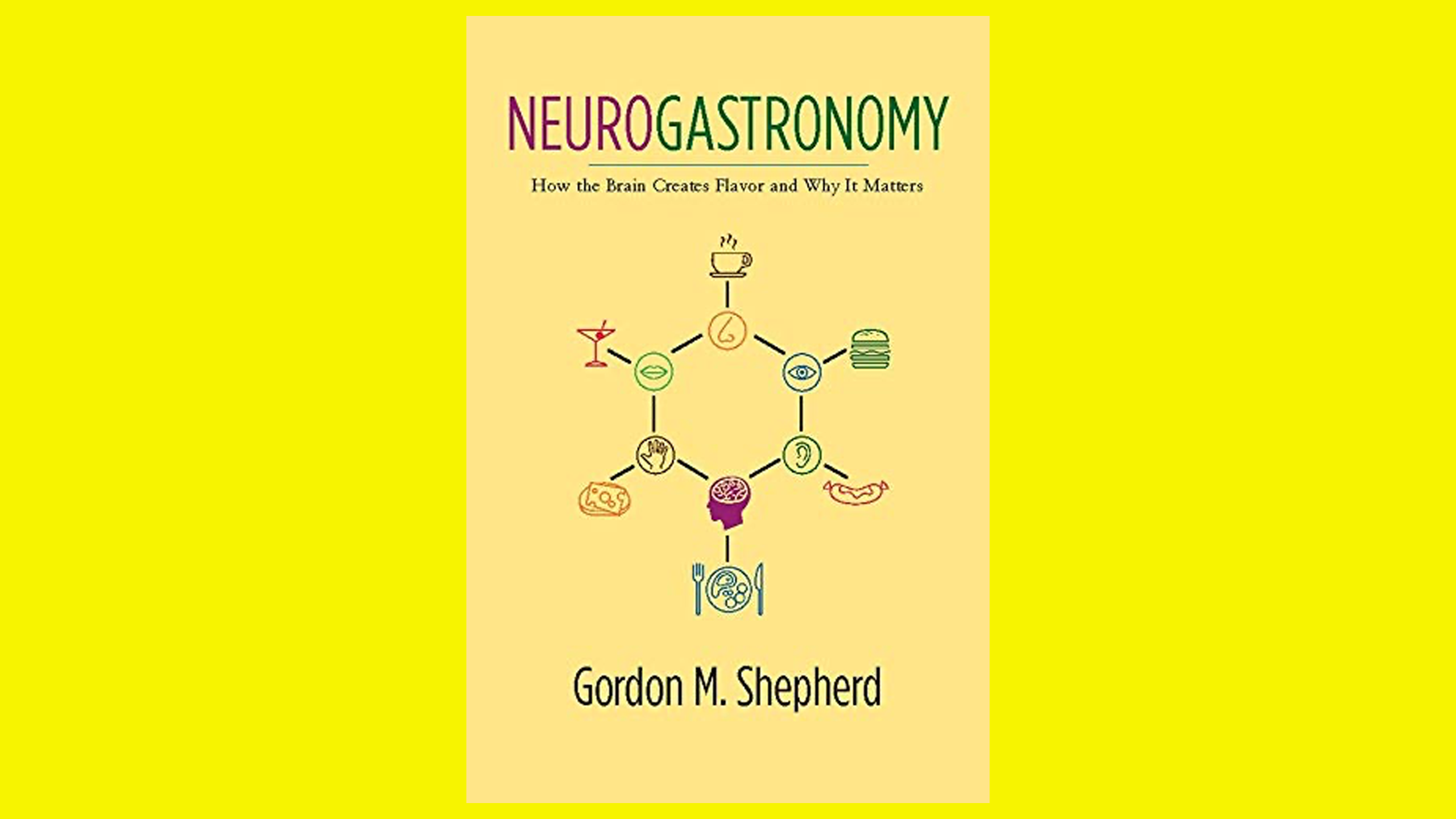
In a similar vein, “The deep, biological instincts that draw us to food even when we are feeling stuffed include our attraction to variety,” says Moss. In his book, Neurogastronomy: How the Brain Creates Flavor and Why It Matters, Gordon Shepherd, elucidated the idea that the sense of smell is much more powerful than previously thought. “So much of our attraction to food turns out to be derived from the smell of food (over 80%).” This is because, Moss said, “One of the things that happened with evolution is we developed two ways of smelling, through the nose, but the other way is through the back of our throat. And it’s the variety of smells that triggers the brain to react almost as much as the taste of sugar does,” (which we know, is quite a bit).
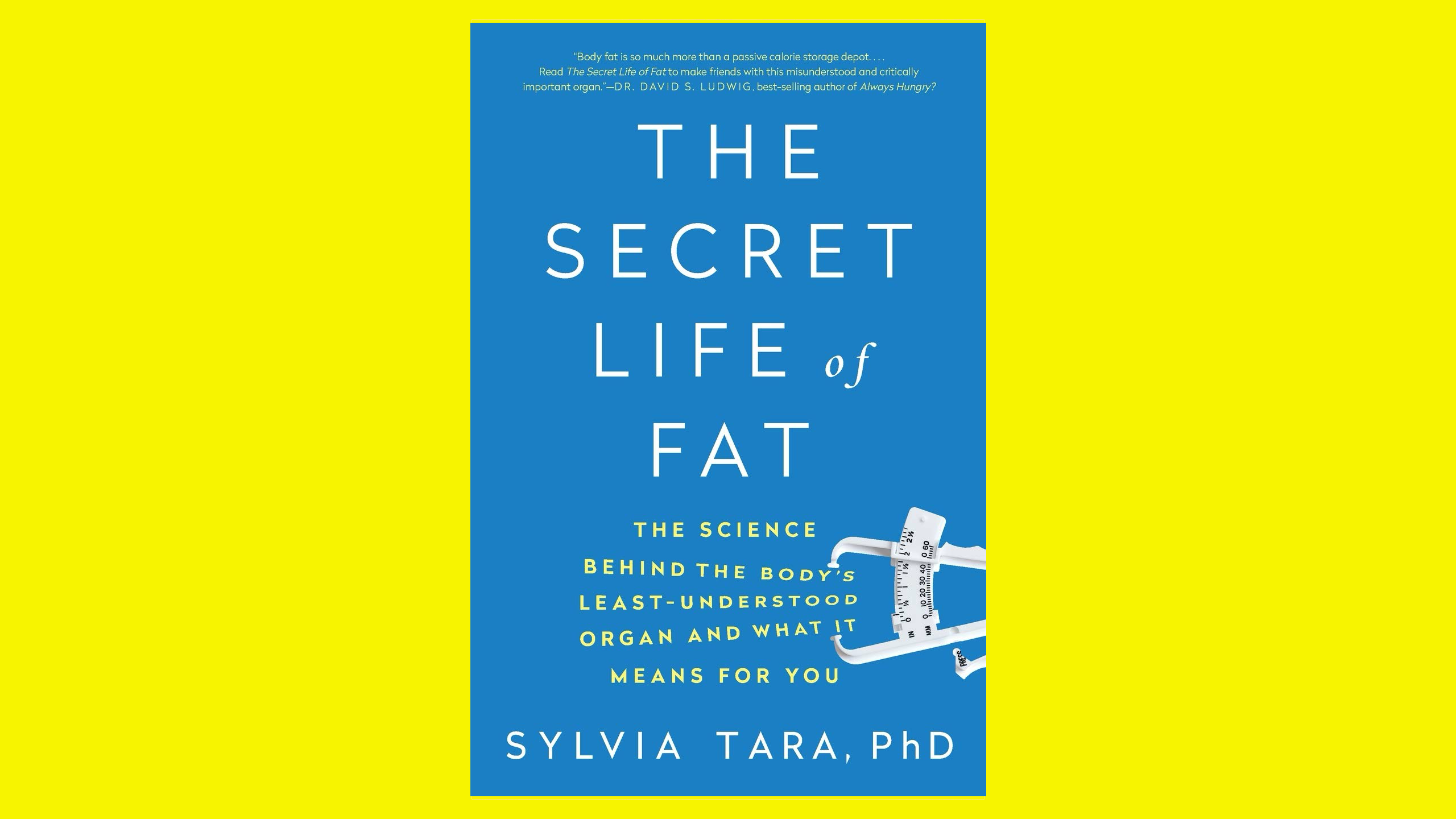
“The craziest part of our driven instinct to eat food is that part of it comes from our body fat,” said Moss. “I know, this is hard to take. But that witless seeming gelatin mass is actually a living, talking, thinking organ, and boy is it devious.” Moss continued: “The most recent research shows that as we gain weight, we become more excited by cues and advertising for food. And so we become more apt to eat more and continue to eat food.” In The Secret Life of Fat Sylvia Tara explains that “Body fat takes over the metabolism, and tells you to eat food even when you’re not hungry. Which is what addiction is. And more importantly, your body fat even undermines all of your efforts to get control of your addiction, too.”
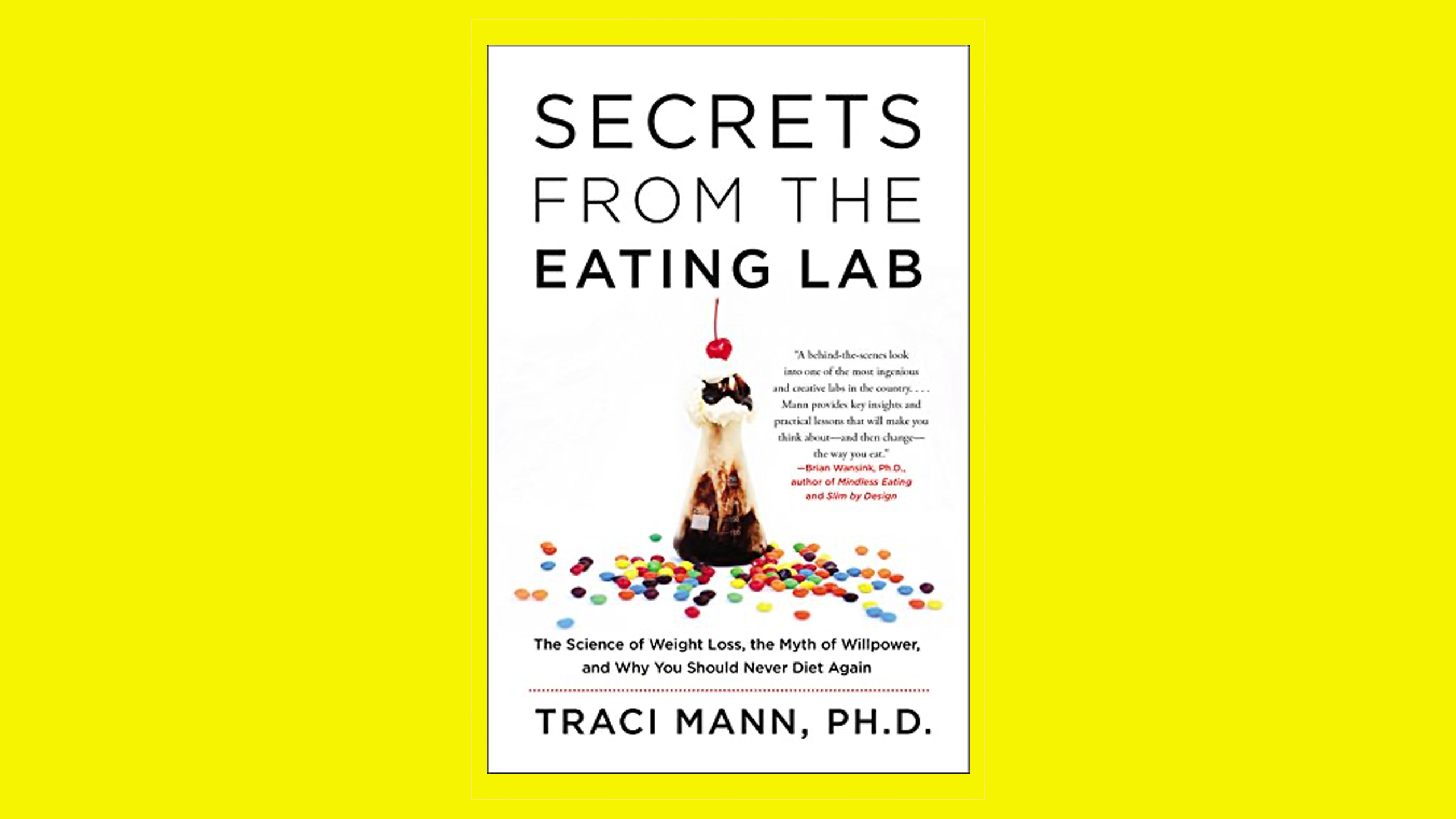
“Which gets me back to drugs, and the standard for curing an addiction: abstinence.” The last book Moss recommended was Secrets From the Eating Lab by Traci Mann. In it, Mann argues that “The equivalent to abstinence of food addiction is dieting.” Since you can’t stop eating food entirely, dieting is the only option. “And this is the problem,” Moss said. “and the reason why food can be even more addictive than drugs—we can’t simply go cold turkey.”
Scouted selects products independently and prices reflect what was available at the time of publish. Sign up for our newsletter for more recommendations and check out our coupon site for more deals. If you buy something from our posts, we may earn a small commission.






